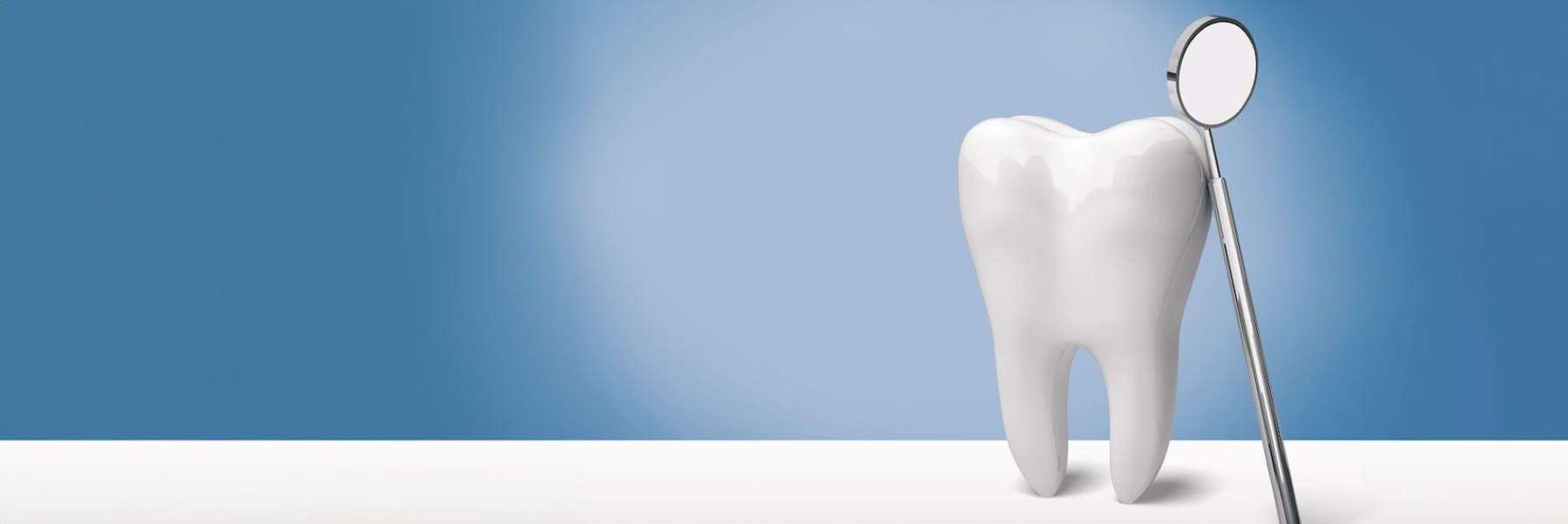
Here's our guide to extractions at The Dental Place. We can help you with emergency tooth extraction, orthodontic extraction and surgical or wisdom tooth extraction. In this article, we'll explain the steps involved in having a tooth out from start to finish and some essential do’s and don'ts to remember.
Why Your Dentist May Recommend an Extraction
After examining your mouth and doing some tests, your dentist will explain your treatment options. When extraction is suggested or is your only option, they'll explain why and how you could replace it. The most common reasons for extracting a tooth are as follows:
- There's not enough tooth structure left to support a filling or crown.
- There's not enough healthy support structure holding the tooth in due to periodontal (gum) disease.
- The tooth has a substantial crack or vertical fracture.
- Root canal treatment has failed.
- The tooth is impacted and won't erupt into position because there's no space for it.
- There's no opposing tooth, so you aren't using this tooth for chewing. When there's no tooth in the opposite arch (jaw) to bite against, the tooth will tend to over-erupt and may traumatise soft tissues.
- Your orthodontist may recommend taking teeth out as part of your treatment plan.
Our team at The Dental Place has experience with both standard and surgical extractions. When specialised skills or general anaesthetics are required, they can also refer you to a specialist or our sister clinic, Dental Vision.
Extra Nervous? Have You Considered Nitrous Oxide (Laughing Gas)?
Dental treatment can be tough for lots of people to deal with. It's natural to feel nervous. So, if you're afraid you can't cope, what can you do to make your dental treatment more comfortable?
- Firstly, bring someone or something to help you relax and find comfort. For example, your mum or BFF, a stuffed toy, a stress ball to squeeze, or some music to listen to during the treatment. We also have screens on the ceiling so you can watch something to take your mind off the extraction.
- If you feel this won't be enough to help you cope, treatment at one of our other clinics may be worth considering. Our colleagues at Dental Vision in Narre Warren have Nitrous Oxide (laughing gas) available for dental treatment. This gas can help relax you and has no lasting impact after your treatment.
Preparing For Your Visit: Tooth Extraction Costs and What You Must Do before Your Appointment
The cost of an extraction ranges from $200-$500 per tooth, depending on the difficulty of the procedure. If you have private dental insurance, the amount you'll be out of pocket depends on your provider and coverage. The Dental Place is a preferred provider for Bupa, Medibank Private and HCF.
If you've been referred through a community dental clinic, you must bring your voucher and pay the current copayment fee.
In addition to being aware of the costs and your options, we recommend you avoid smoking for 24-48 hours before your extraction and have a healthy meal before coming in. These steps help reduce your chances of getting a dry socket after your extraction and support your body in coping with stress.
What Are the Steps of an Extraction? How Serious is Dental Extraction? Want to Know More about What to Expect When You Have an Extraction?
The experience will be different for different people, but an extraction will usually follow these steps:
- You'll settle in the chair and confirm the treatment with your dentist.
- A consent form will be signed, outlining some possible complications. It's essential to make you aware of these, even though they are unlikely to occur.
- A topical anaesthetic gel is applied to make the local anaesthetic injection more comfortable. Then, you'll be numbed. Don't worry; we'll make sure you're nice and numb. The dentist will start loosening the tooth. It's not unusual for this to take some time.
- The dentist will wiggle it out with forceps once the tooth is loosened from its supporting ligaments. Sometimes, the assistant may support your head or jaw to stop excessive movement.
- If the tooth breaks or we are unable to move the tooth, we may need to use other techniques, such as sectioning the tooth into pieces or taking a surgical approach.
- If you've had a surgical extraction, the dentist will place some stitches for you. With a straightforward extraction, you'll bite on some gauze to apply pressure to the socket. Sometimes, the dentist may use a saline rinse to cleanse the infection or place the medication in the socket to assist with clotting.
How Long Does it Take to Recover after My Dental Extraction?
Healing time varies, depending on your general health and the difficulty of the extraction. Recovery will take anywhere from two days to two weeks. At your extraction visit, your dentist will discuss aftercare and provide written instructions. Our team at The Dental Place will phone you the following day to see if you have any concerns.
Have you heard of dry socket? Dry socket is a painful condition in which the clotting process fails. This failure of healing is most common in patients who smoke. Your dentist can place some medication in the socket to help ease discomfort and assist with healing. Antibiotics aren't needed for dry sockets, as it's not an infection.
Questions about Dental Extractions in Reservoir, VIC?
Don't put up with pain! Delaying dental treatment might mean you have fewer options and need more complicated treatment as existing problems worsen. Make an appointment today to keep your mouth healthy and comfortable.
If you need more information about tooth extractions in Reservoir or the surrounding area, contact our dental clinic. At The Dental Place, our goal is to provide quality dental care to you and your family.
Call us on (03) 9460 7070 to arrange an appointment. We hope to hear from you soon.
